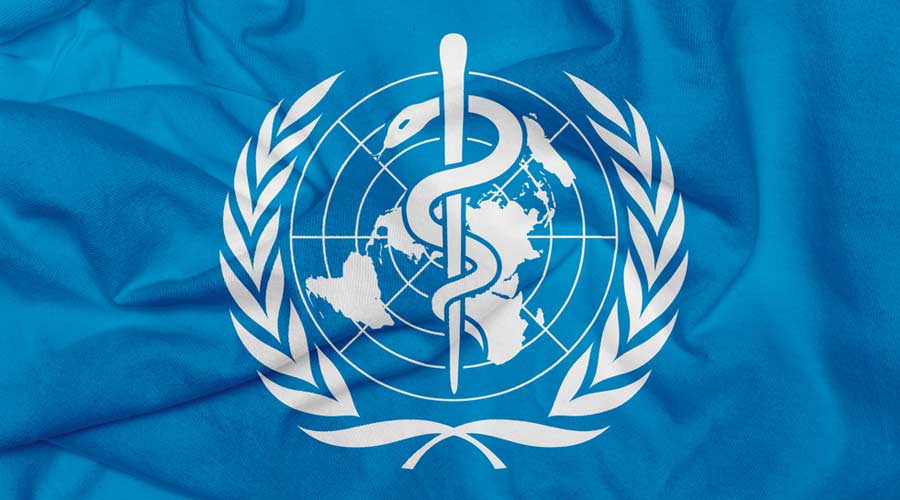
Last Friday, the World Health Organization (WHO) convened to make the official announcement that the COVID-19 pandemic has been downgraded and is no longer considered a Public Health Emergency (PHE). As reported by Reuters, the declaration marks the end of a stretch lasting over three years which saw over 6.9 million lives taken attributable to the virus.
Elaborating on the decision, WHO Director Tedros Adhanom Ghebreyesus noted that while COVID-19 is no longer a PHE, its threat still looms. During the meeting, several WHO members noted the possibility of a similar pandemic arising in the future if lessons weren't learned and best practices for infection control aren't put in place to some extent.
Factors that played into the decision include a consistency decreasing death rate from COVID-19. After a peak of 100,000 per week in January of 2021, that number has dipped to 3,500 in the latter half of April. WHO credits improved access to vaccination and treatment options, along with developed immunity, as drivers of the improvement.
The end of the PHE also breeds the possibility of funding efforts or collaboration efforts coming to a halt, or to be redistributed to other public health efforts.
The WHO added that while the PHE is over for now, there's always a possibility for it to be placed back into effect if a new variant emerges and starts to take its toll. In particular, advisors noted a likely new variant that could surface in the months to come.
For additional information on the decision, check out this plan published by the WHO that details how countries should manage COVID-19 on a long-term scale. For related news, read up on a series of COVID-19 vaccination mandates that were lifted this week.

 Celebrating BSCAI's 60th Anniversary eBook
Celebrating BSCAI's 60th Anniversary eBook The Down and Dirty on Cleaning in Virus Season
The Down and Dirty on Cleaning in Virus Season How Surfactant Use is Expanding in Commercial Cleaning
How Surfactant Use is Expanding in Commercial Cleaning